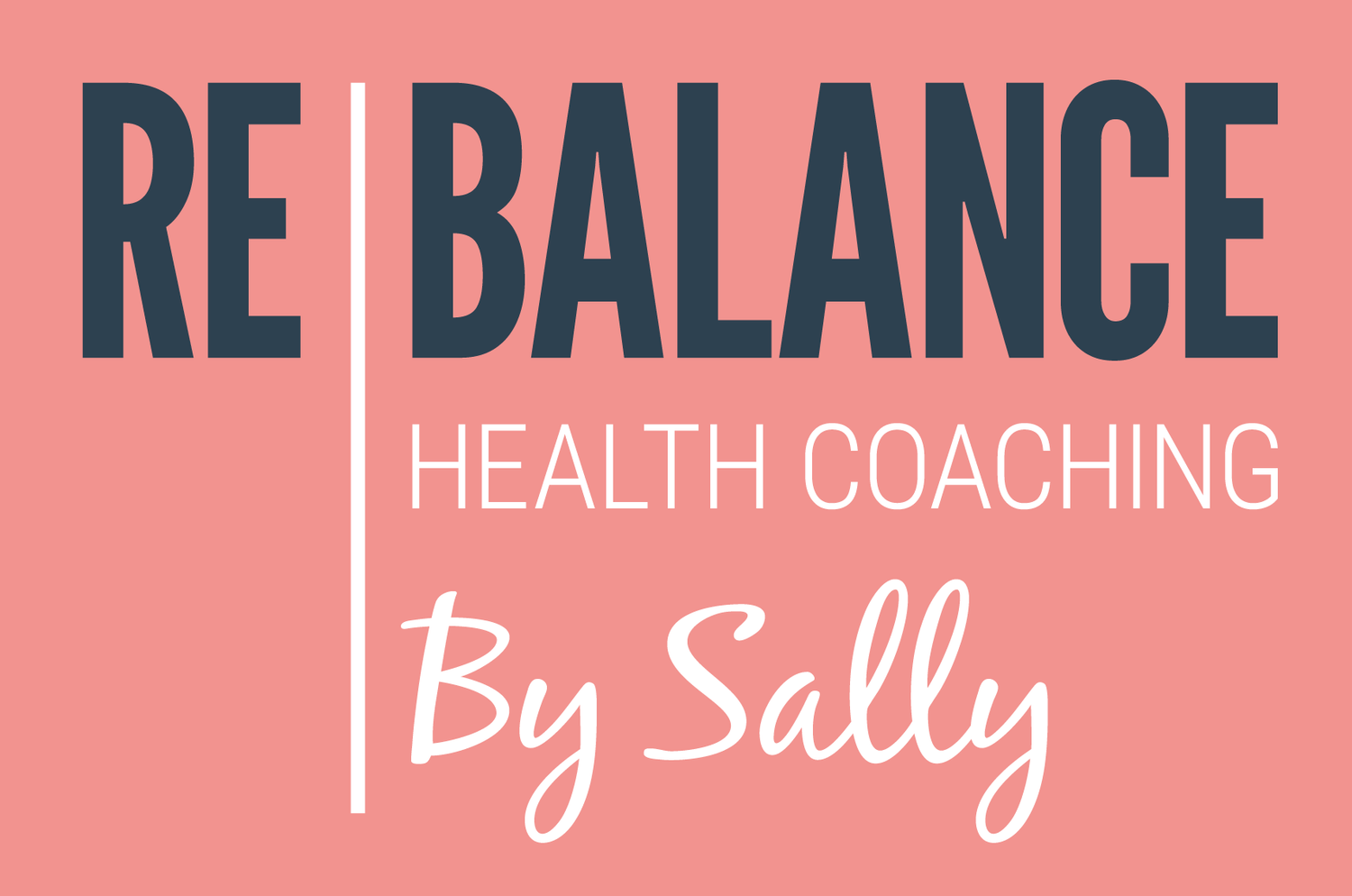Lifestyle Hacks to ease symptoms
While hormonal changes during menopause are inevitable, various lifestyle factors can greatly enhance this transitional stage of life. Embracing self-care, managing stress, and staying active can help to alleviate symptoms and improve overall quality of life. Below are some key lifestyle choices that can help manage menopause symptoms and support a long healthy life.
Self-Care:
One of the most important lifestyle factors during menopause is effective stress management. As hormonal fluctuations can increase stress sensitivity, finding ways to calm the mind and body is essential. Chronic stress not only exacerbates symptoms like hot flushes, insomnia, and fatigue but also contributes to imbalances in cortisol, which can further disrupt hormone regulation.
In addition to the advice from Nicky Dye in our previous article on the benefits of yoga and breathwork and therapies such as hypnotherapy and acupuncture explained by Nicole Valens and Yvette Masure, there are other simple techniques to reduce stress such as mindfulness and meditation, journaling, massage, taking a bubble bath or walking in nature.
Prioritising self-care is not just about pampering—it's about creating sustainable habits that nourish both physical and mental health during this period of transformation.
Movement and Exercise:
Regular physical activity is another cornerstone of managing menopause symptoms.
Exercise provides multiple benefits, from boosting mood due to the release of endorphins to improving cardiovascular health and bone density, which are particularly important during menopause as oestrogen levels decline.
Most importantly find a type of movement and exercise that you enjoy
Strength Training: supports bone health, reducing the risk of osteoporosis.
Cardiovascular Exercise: such as walking, swimming, or cycling improve heart health, boost energy levels, and support healthy weight management.
Yoga: as described by Nicky, promotes flexibility, strength, and balance while also offering relaxation and stress reduction.
Prioritising Sleep:
Menopause can disrupt sleep patterns due to night sweats, anxiety, or hormonal imbalances, leading to fatigue and irritability. A focus on sleep hygiene can make a difference in sleep quality:
Establish a routine: Going to bed and waking up at the same time every day helps regulate the body’s internal clock.
Limit stimulants: Reducing caffeine and alcohol, especially later in the day, can improve sleep quality.
Create a restful environment: Ensure your bedroom is cool, dark, and quiet to create the ideal setting for restful sleep.
For more advice see previous article - 10 tips to improve sleep
*****
The Re-Balance Revitalise Health Coaching programmes are personalised to the individual, designed to help you improve menopause symptoms and create healthy habits for a long healthy life. Whether your goals are weight loss, regaining energy, improving mood stability, help to sleep through the night, or you want to ‘get back your sparkle’ we can support you with nutrition and lifestyle advice, guidance and support.
For a free 20 minute consultation to discuss symptoms, contact sally@rebalancebysally.com
-------------------------------------------------------------
Embracing menopause with holistic tools
This was the fourth and final article in the series of Holistic Solutions to menopause relief, especially developed to mark Menopause Awareness month. We hope you’ve found all our tips and tools for menopause useful. This stage of life can be challenging, but with the right support and lifestyle choices, you can significantly reduce the severity of symptoms and embrace this stage of life with more confidence and improved health. By taking a holistic approach, you can feel empowered to live a healthier, more vibrant life during menopause and beyond.
Please reach out to any of our experts if we can support your menopause journey in anyway:
Nicky - Yoga & breathwork: nicky@claygateyogaclinic.co.uk
Nicole - Hypnotherapy: hypnostones@gmail.com
Sally - Nutrition & lifestyle: sally@rebalancebysally



